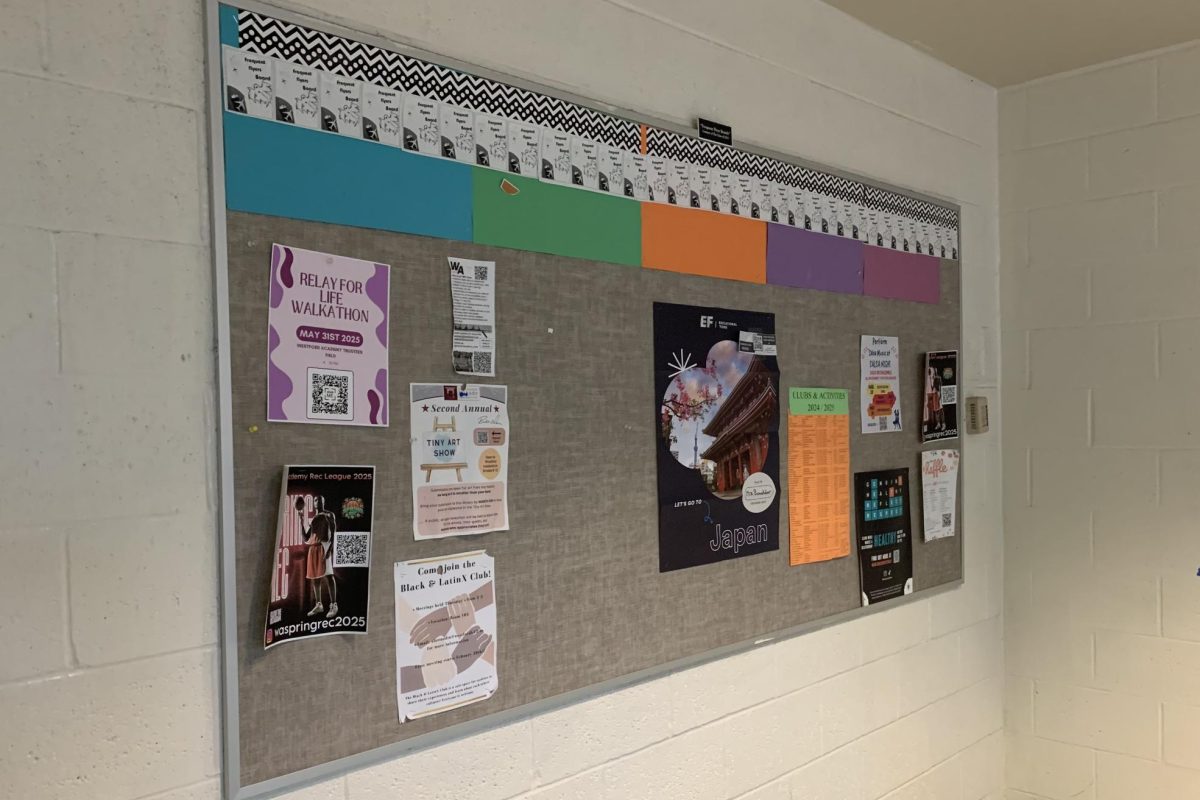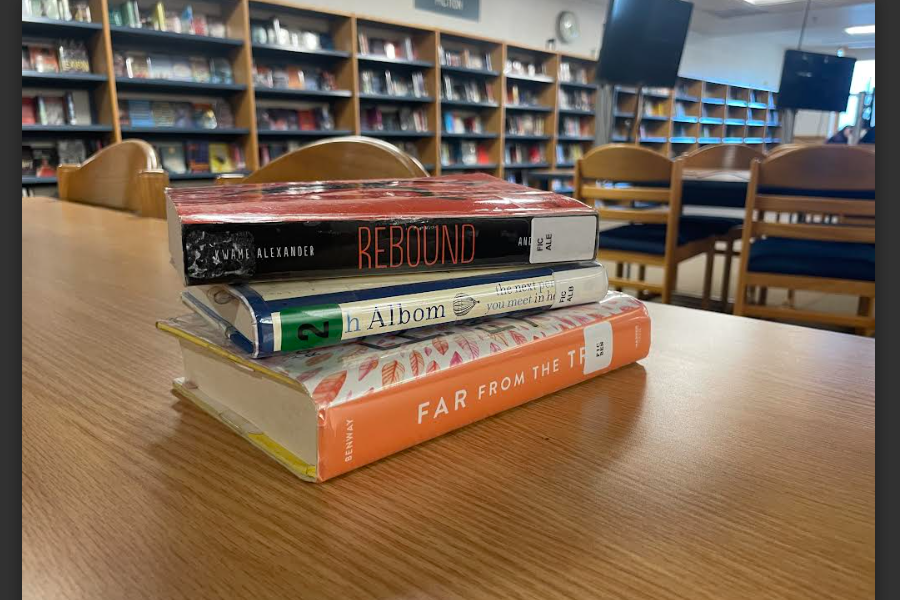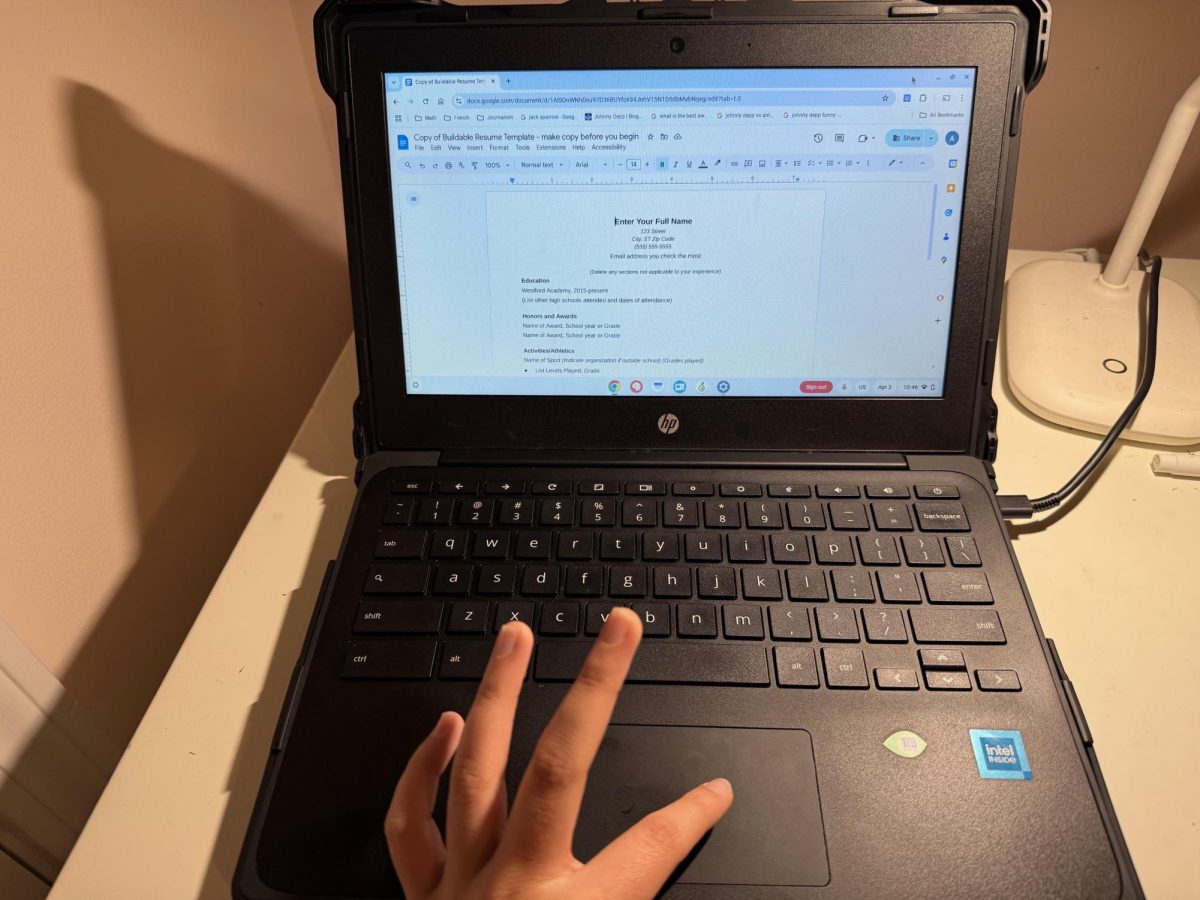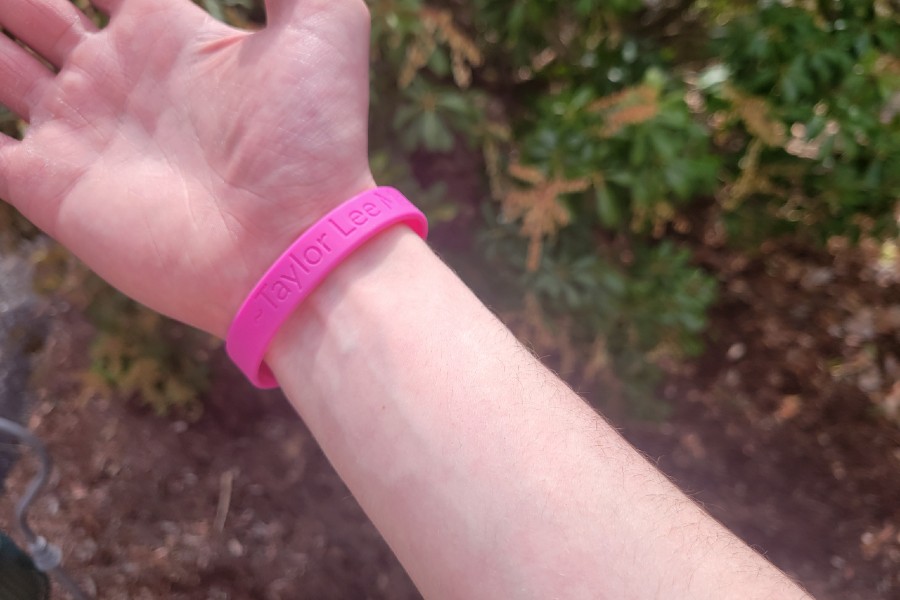Following new recommendations and the requirement for accreditation from the New England Association of Schools and Colleges [NEASC], Westford Academy has implemented a new advisory program called Double A days.
“When NEASC came in, one of the highlighted recommendations, which means you have to answer it, is to use the advisory program for its intended purpose, which means we need to set up homerooms and have teachers and other staff members connect with kids besides their guidance counselors,” said Principal James Antonelli.
This recommendation came as an attempt to have 100 percent of students having at least one adult in the school that they could come to if there was ever a problem. Westford Academy recently conducted a self-survey for students, which indicated that 77 percent of students feel this way about WA teachers. Although this number appears to be very high, NEASC was not satisfied.
“Even with that data, we tried to make the point that we have so many good people around here that have made connections with students. Maybe not every kid, but that’s what NEASC wants, they want every kid to make some kind of connection beyond a guidance counselor,” said Antonelli. “I think that’s unreasonable, unrealistic.”
Being able to have every single student have a teacher they feel comfortable talking about personal issues with is a meaningful innitiative, but hard to follow through on.
“A lot of students connect with their individual teachers, but sometimes students have that distance because for example, it’s their math teacher and they only want to deal with that for math,” said Dean Betsey Murphy.
The program that started in the beginning of the 2013 school year has been receiving mixed reviews across the board from students, teachers, and administration. The general population recognizes that the program has to be implemented, but are feeling confused as to what the effects will actually be.
Murphy sees the positive possibilities for the program, and said,“This program was initiated by NEASC, for sure, but we also think it’s a good idea.”
Being the man who the pressure falls on to carry out the NEASC recommendation, Antonelli feels a little differently about the program.
“I like the advisory program we had, I think it fits our needs and we have a lot of great connections,” said Antonelli. “It’s a little frustrating and many of the DCL principals, that I meet with on a regular basis, feel the exact same way.”
Teachers, who are responsible for carrying out the advisory program, are also torn between losing class time and trying to help the students in their homerooms.
“I think teachers understand that we have to fulfill that requirement through NEASC, but I think they’re frustrated with time out of the class,” said Antonelli. “I think they feel they make a lot of connections with students in the classroom.”
Andrew Norander, a Westford Academy history teacher, is being patient with the program and waiting for the end results.
“I’m giving it time and hopefully it will work out for everyone,” he said.
Another Westford Academy teacher said, “A lot of teachers in the school try to reach out and make outside of the classroom relationships, and it is frustrating to see it be forced. It’s better for those relationships to happen organically.”
For now, the Double A program cannot be changed much due to schedules already being approved for the rest of the year. However, Antonelli hopes to take all the input from students and teachers he receives in order to find the system that works the best for the school going forward.
“I have to have [this program], so I want feedback on what works well and what doesn’t work well,” said Antonelli. “I went into one classroom, I have to do more. I need to ask more questions, maybe do a survey or do some more informal conversations and try to glean out what I can do to make this thing better.”






